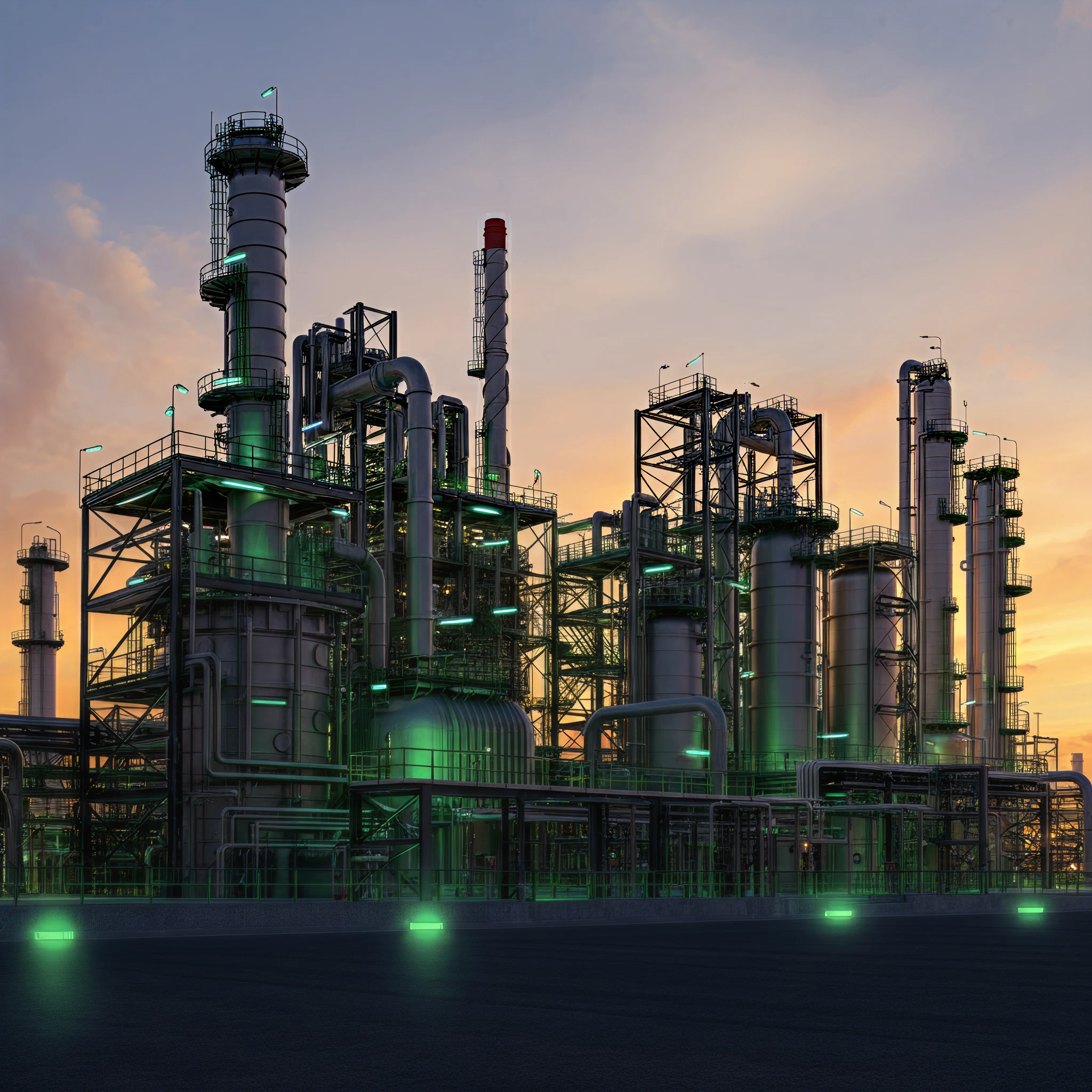With growing concerns over climate change, energy sustainability, and reducing reliance on fossil fuels, new solutions are emerging in the global energy landscape. Among these, synthetic fuels have recently garnered attention as a cleaner, sustainable alternative to conventional fuels. But what exactly are they, and how do they shape up against other options like biofuels and electric solutions? This article explores the fascinating world of synthetic fuels, their production, benefits, challenges, and opportunities.
What Are Synthetic Fuels?
Synthetic fuels (often referred to as “e-fuels”) are laboratory-created fuels designed to mimic traditional gasoline or diesel’s chemical structure and performance. Unlike fossil fuels, synthetic fuels are made through a chemical process that combines hydrogen and carbon dioxide.
The process typically includes the following steps:
- Carbon Capture – Carbon dioxide is extracted from the air or industrial emissions.
- Hydrogen Production – Hydrogen is generated via electrolysis, which splits water using renewable electricity.
- Chemical Synthesis – Using processes like the Fischer-Tropsch method, the carbon and hydrogen are combined to create hydrocarbons that can be refined into fuels like gasoline, diesel, or jet fuel.
This process can create fuels that can seamlessly replace traditional options for vehicles, ships, and even aircraft.
The Environmental Impact of Synthetic Fuels
Compared to fossil fuels, synthetic fuels offer a more sustainable approach. Here’s how they stack up environmentally:
The Good
- Carbon Neutral Potential
Synthetic fuels are often labeled “carbon neutral” because the CO₂ released when burned is offset by the CO₂ captured during production.
- Compatible with Existing Infrastructure
Synthetic fuels can be used in today’s engines, making them a cost-effective way to reduce emissions without retrofitting vehicles.
- Cleaner Combustion
These fuels produce fewer harmful particulates compared to conventional options, improving air quality.
The Challenges
- Energy Intensive
Producing synthetic fuels requires significant amounts of renewable energy. For example, creating 1 gallon of synthetic fuel can use more energy than charging battery-powered electric vehicles (EVs) for the same mileage.
- Carbon Cycling Debate
While synthetic fuels avoid adding new fossil carbon, some critics argue that “cycling” carbon is not enough to make a meaningful dent in global emissions.
Current State of Synthetic Fuel Technology
Synthetic fuel production is no longer a theoretical concept limited to research labs. Companies like Porsche are actively producing synthetic fuels at commercial levels, such as at their recent facility in southern Chile. Formula 1 has also committed to transitioning to 100% synthetic fuels by 2026.
However, synthetic fuel technology remains at an early adoption stage:
- Limited Production Capacity – Global output is modest compared to traditional fuel demand.
- High Costs – Current costs are much higher than crude oil-based fuels.
- Focus on Niche Markets – Synthetic fuels are primarily used in industries that are difficult to fully electrify, like aviation and motorsports.
Applications Across Industries
Aviation
The airline industry is one of the largest potential adopters of synthetic fuels. As battery technology struggles to meet long-haul flight energy demands, synthetic fuels provide a viable solution to decarbonize aviation.
Automotive Sector
- Classic Cars – Synthetic fuels can power classic internal combustion engine (ICE) vehicles without modification, preserving automotive heritage.
- Everyday Vehicles – While EVs gain popularity, synthetic fuels could play a critical role in places lacking EV infrastructure.
Maritime Industry
Shipping companies are looking at synthetic fuels for their ability to significantly reduce emissions in vessels that currently rely on heavy fuel oils.
Key Policy and Economic Considerations
Policy Support
- Governments worldwide are setting stricter emission reduction targets, encouraging synthetic fuel adoption. For example, the European Union has allowed synthetic fuels to extend the lifespans of ICE vehicles post-2035.
Cost Challenges
- High production costs remain a major barrier to mass-market adoption, making government subsidies or incentives essential.
Energy Availability
- The feasibility of synthetic fuel depends on the availability of renewable energy, which is already strained in many regions.
Challenges and Opportunities
Challenges
- High Energy Consumption – Current production efficiency is low, requiring significant improvements.
- Infrastructure Development – Scaling up synthetic fuel requires investments in new production facilities and supply chains.
- Competing Technologies – With the rapid rise of EVs and hydrogen fuel cells, synthetic fuels may have to prove their long-term relevance.
Opportunities
- Decarbonizing Hard-to-Electrify Sectors – Aviation, shipping, and heavy industries rely on solutions like synthetic fuels.
- Sustainable Transition – Countries can reduce fossil fuel dependency while leveraging existing energy systems.
- Global Collaboration – Synthetic fuel projects can spur innovation and cross-sector collaboration.
A Future Powered by Synthetic Fuels?
Synthetic fuels sit at the crossroads of science, sustainability, and practicality. While they are not yet a silver bullet for decarbonization, they offer an exciting pathway for industries where electrification is not a feasible solution.
For engineers, policymakers, and car enthusiasts, synthetic fuels represent both a challenge and an opportunity. Addressing their energy and cost hurdles could unlock immense potential for combating climate change while maintaining the comforts of modern transportation.
To ensure that synthetic fuels succeed, global collaboration, supportive policies, and advancements in renewable energy are essential.
Final Thoughts
Synthetic fuels might not replace EVs or other renewable technologies, but they could complement them to create a well-rounded approach to sustainability. By exploring innovative solutions like these, we inch closer to a truly carbon-neutral future.
Looking to explore synthetic fuel technology? Start by staying on top of emerging innovations and breakthroughs that may redefine the energy industry as we know it.








